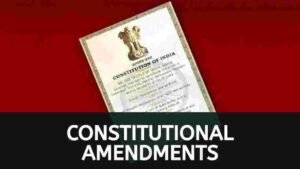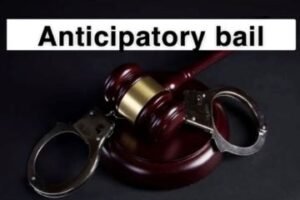Magistrate Shall Not Entertain Application U/s 156(3) CrPC If It Is Not Supported By Complainants Affidavit
Case: Babu Venkatesh vs. State of Karnataka
Coram: Justices BR Gavai and Krishna Murari
Case No.: CrA 252 OF 2022
Court Observation: “This court has clearly held that, a stage has come where applications under Section 156 (3) of Cr.P.C. are to be supported by an affidavit duly sworn by the complainant who seeks the invocation of the jurisdiction of the Magistrate.. This court further held that, in an appropriate case, the learned Magistrate would be well advised to verify the truth and also verify the veracity of the allegations. The court has noted that, applications under Section 156 (3) of the Cr.P.C. are filed in a routine manner without taking any responsibility only to harass certain persons. This court has further held that, prior to the filing of a petition under Section 156 (3) of the Cr.P.C., there have to be applications under Section 154 (1) and 154 (3) of the Cr.P.C. This court emphasizes the necessity to file an affidavit so that the persons making the application should be conscious and not make false affidavit. With such a requirement, the persons would be deterred from causally invoking authority of the Magistrate, under Section 156 (3) of the Cr.P.C. In as much as if the affidavit is found to be false, the person would be liable for prosecution in accordance with law”
“In any case, when the complaint was not supported by an affidavit, the Magistrate ought not to have entertained the application under Section 156 (3) of the Cr.P.C. The High Court has also failed to take into consideration the legal position as has been enunciated by this court in the case of Priyanka Srivastava v. State of U.P. (supra), and has dismissed the petitions by merely observing that serious allegations are made in the complaint.”
Previous Posts
Call for Papers by Amity International Journal of Juridical Science [AIJJS, Vol 8]: Submit by May 31
‘Fundamental Right To Form Cooperative Societies’, ‘Article 43B’: Remnants Of 97th Constitutional Amendment After Supreme Court Judgment Download Judgement
Keywords
Application U/s 156(3) CrPC, Complainants Affidavit




